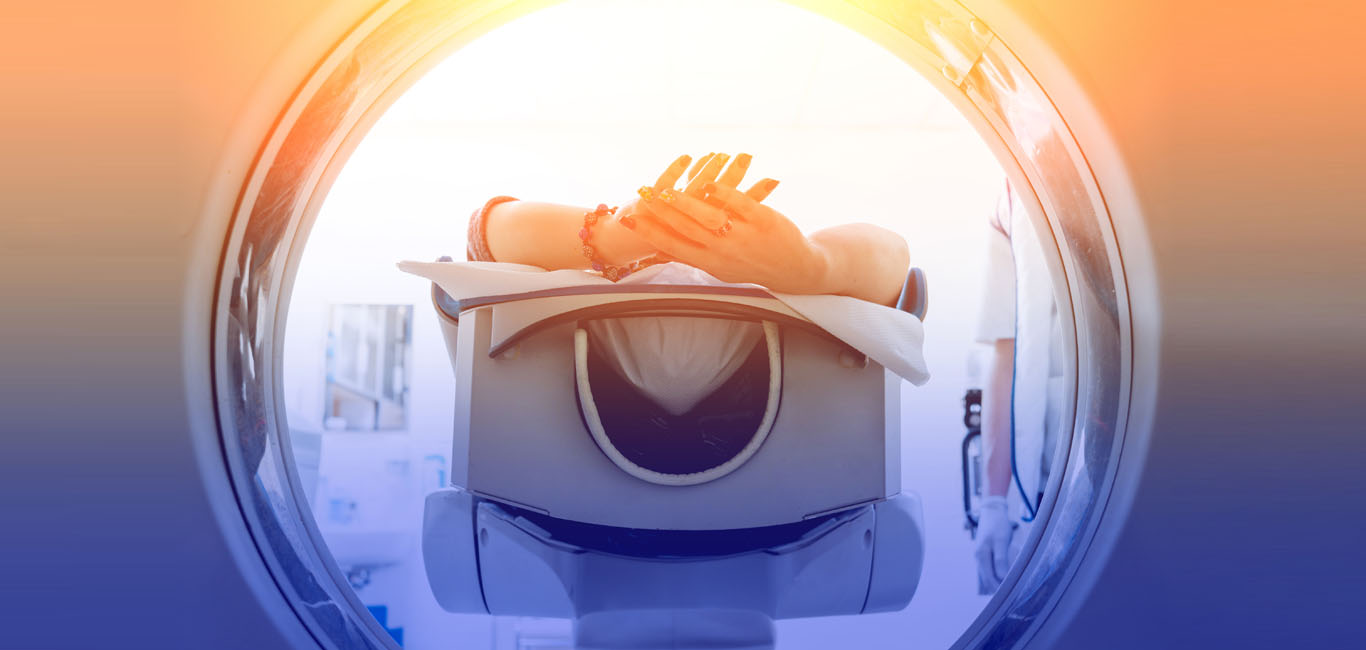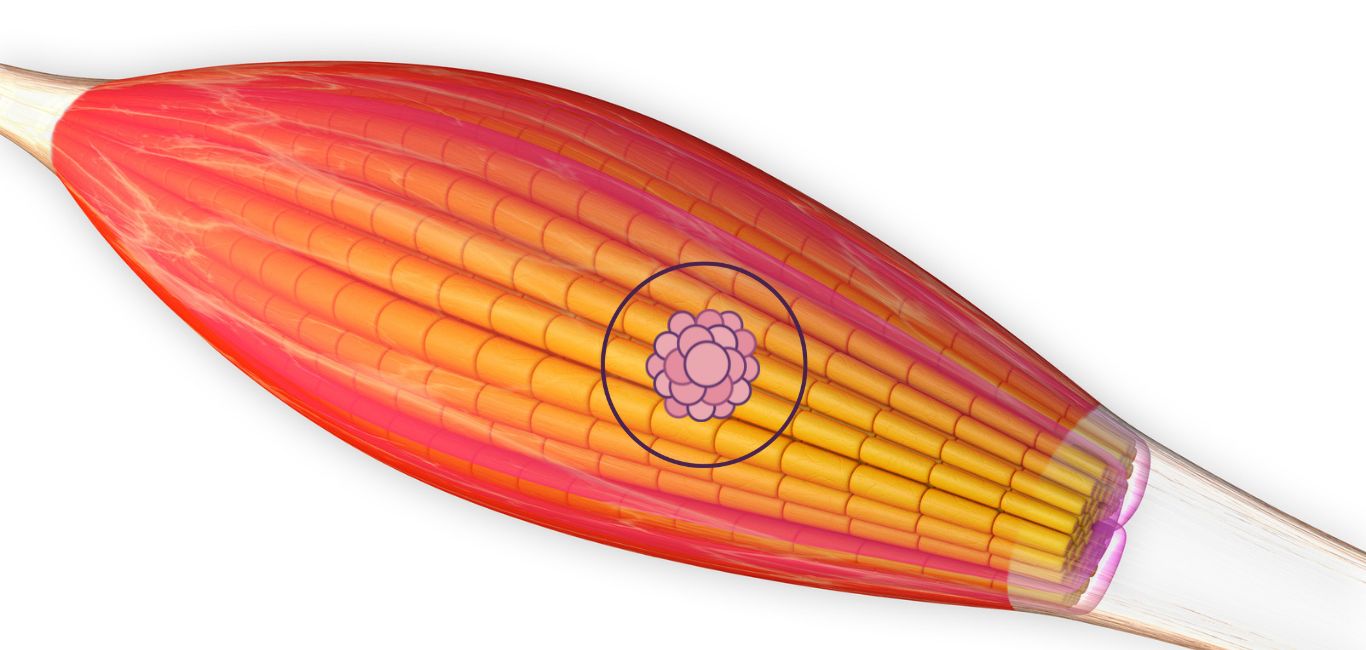
Advances in medical imaging are making it possible to detect diseases earlier than ever before and improve how the body’s response to treatments is tracked.
Some of the biggest breakthroughs in this space are seen in the diagnosis and treatment of cancers, where the success of therapies is increasingly dependent on personalisation.
To this effect, researchers at Mayo Clinic’s oncology department recently showcased the use of PET or positron emission tomography scans to accurately evaluate how well `neoadjuvant’ therapies such as chemotherapy had worked for individuals with pancreatic cancer.
Neoadjuvant therapies or NAT are generally chemotherapy treatments that are administered prior to any major oncology surgery. It helps to reduce the size of a tumour and prevent its spreading to other parts of the body, making it an important step in enhancing the overall success rates of cancer surgeries.
A novel tracer
The study, which included 202 individuals with advanced stage pancreatic cancer, used PET scans along with 18-fluorodeoxyglucose (FDG) as a tracer. The researchers found that this technique was more accurate in predicting the success of NAT therapies than traditional biomarkers and scans such as CT and MRI.
FDG is a glucose analogue that binds with cancer cells. Its radioactive properties make it visible to PET scans, allowing healthcare professionals to track the disease.
Also read: Swiss success in imaging proteins linked to Parkinson’s raises drugs hope
“We were astonished by how metabolic imaging can now predict outcomes with high accuracy before any surgical intervention,” said Mark J Truty, MD, of Mayo Clinic in a statement. “Not only that, but FDG-PET response was the single largest preoperative predictor of survival for these patients.”
Lymph nodes as cancer `toll gates’
Dr Vishal Rao, a surgical oncologist specialising in head and neck cancers and dean of HCG Academics, explains that the lymph nodes – structures within our body where disease causing germs are destroyed – act as toll gates to keep a check on spreading of the cancer.
“However, many cancers have the power to breach these and enter the blood stream. Based on the extent of the tumour stage or its bulk, [doctors] may decide to administer a neoadjuvant therapy to help ensure a better success rate of treatment or to preserve an organ,” Dr Rao adds.
In the study conducted by Mayo Clinic, the technique of using FDG-PET was 85 per cent accurate in predicting the signs of cancer and survival of the individual after a NAT by capturing the metabolic responses of the tumour tissue.
Scan first
The method was also more efficient than conventional methods of gauging the cancer after a NAT therapy. The researchers did this by measuring the levels of carbohydrate antigen 19-9 or CA 19-9 protein in the participant’s body; and determining the size of the tumour through CT and MRI scans.
This sequence is an improvement over conventional methods as often individuals are subjected to surgery after chemotherapy. Only after NAT is done can the treatment outcome be truly known. Otherwise, undergoing NAT and the surgery for tumour removal is an intrusive phase for the individual and causes lot of trauma and pain.
The experts said FDG-PET scans could be used on individuals to detect the presence of any multiple tumours in their body, the spread of tumours to lymph nodes or other organs and measure the tumour’s response to chemotherapy.
The researchers mentioned that clinical trials that include large populations are being considered to validate their results further. They suggested that FDG-PET scan could be used as a tool for studying the outcome of NAT along with the currently available conventional methods.

















